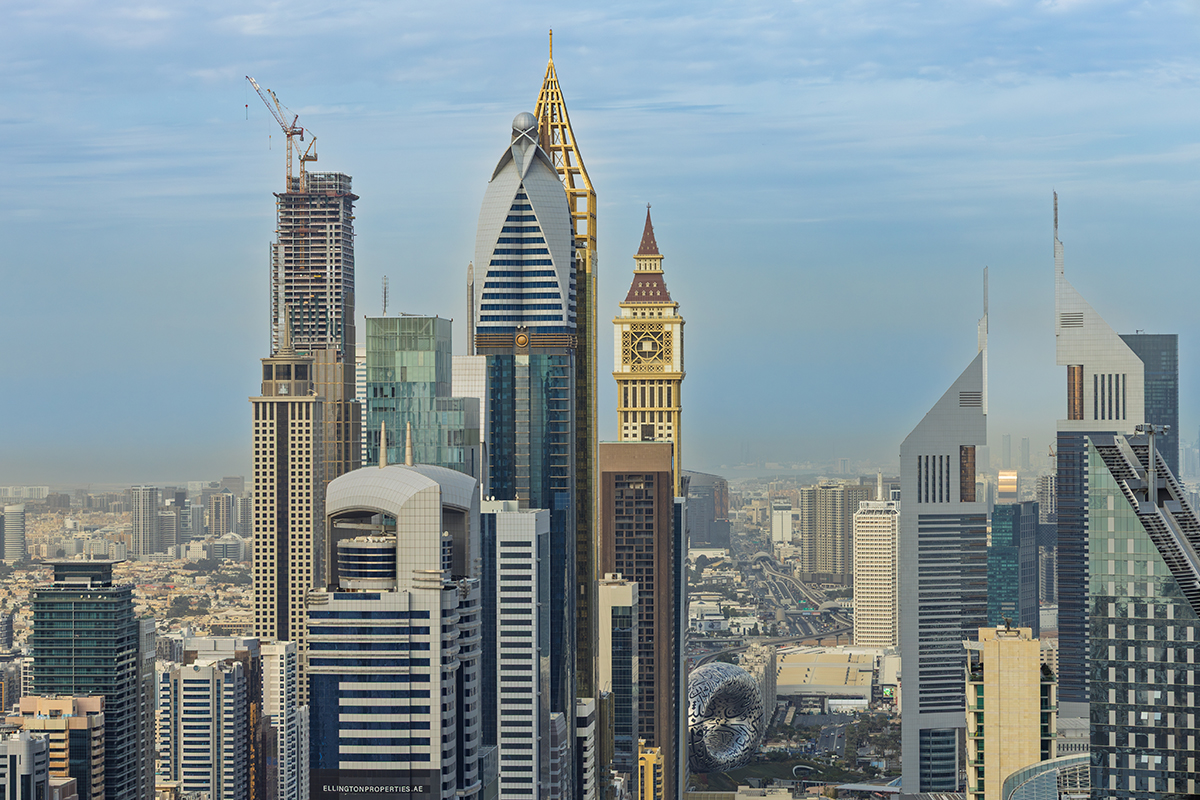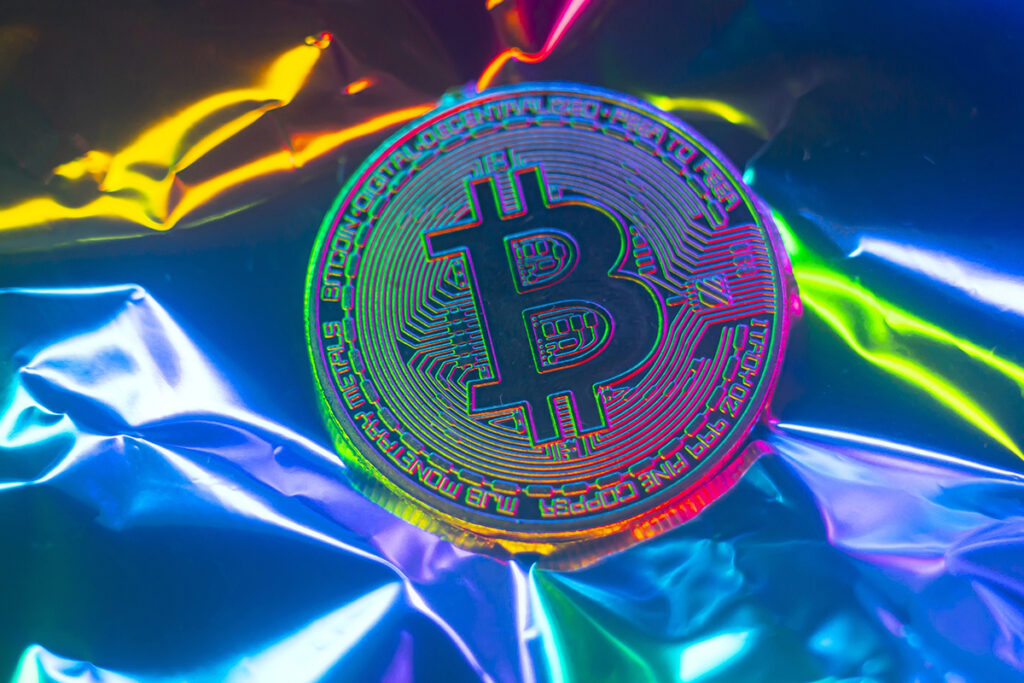UAE, Regional Firms Switch To Blockchain-based Cross-border Payments As Global Trade Tensions Mount

Ongoing tariff wars, mounting regional tensions and economic sanctions on traditional financial systems are pushing businesses and institutions in the UAE – as well as the wider region – to adopt stablecoins or blockchain-based settlement tools for cross-border trade, sector experts said.
Regulatory initiatives such as the UAE Central Bank’s move to give legal clarity to payment token issuers through its Payment Token Services Regulation are accelerating the shift, boosting business confidence to adopt the digital asset-based alternative settlement modes.
The plans announced by IHC, ADQ, and First Abu Dhabi Bank (FAB) last week to launch a new stablecoin backed by Dirhams are also seen as a major instance of the growing trend of institutions and businesses increasingly opting for alternative financial tools.
UAE leads crypto shift
Besides businesses, high-net-worth individuals (HNWIs) and institutions across the Middle East are also increasingly turning to Bitcoin and stablecoins as strategic hedges against inflation and currency volatility, experts said.
Even major family offices in the UAE are said to be moving a portion of their assets into Bitcoin, seeing it as a long-term store of value, while also using stablecoins for short-term hedging against volatility.
“Crypto’s borderless nature provides a perfect avenue away from the uncertainty of tariff battles or trade wars,” Rami Alsridi, Founder and CEO, Mining Grid, a leading Bitcoin mining company operating in the MENA region, told Arabian Business.
“As trade frictions increase, businesses and investors in the region want assets that aren’t tied to national borders or single economies,” he said, adding that “crypto fits that demand perfectly.”
Alsridi also cited the UAE Central Bank’s move last year to send AED50 million to China via the mBridge blockchain platform as a significant step in decentralised cross-border settlements.
Industry players said the region has long been an economic hub that bridges the East and West, and many businesses and institutions see crypto as a natural extension of that strategic positioning.
Digital assets gain traction
Market experts said the shift to use digital asset tools for businesses and cross-border settlements is gaining great traction at a time when regional geopolitical factors and fluctuating oil prices are projected to make traditional assets risky.
More importantly, the ability to move these assets seamlessly across borders, without the interference of traditional banking systems, gives investors a level of autonomy that was previously unimaginable, they said.
Institutional confidence is further evidenced by significant investments, such as Abu Dhabi’s MGX fund’s $2 billion stake in Binance, and Standard Chartered’s launch of digital asset custody services in the UAE, market players said.
Alsridi said economic sanctions and tariffs can often disrupt traditional financial channels, especially when it comes to cross-border trade.
“When you rely on centralised banking systems or international financial institutions, you’re subject to their restrictions, fees, and, increasingly, geopolitical tensions. This is why many businesses in the Middle East are exploring alternatives like stablecoins and blockchain-based settlement tools,” he said.
Vugar Usi Zade, COO at Bitget, a leading global crypto exchange with major operations in the UAE, said besides the risks associated with the ongoing trade wars and regional tensions, the fact that cross-border payments are plagued with several challenges like high cost, delayed settlement time affecting cash flow, limited access, and lack of transparency is also pushing businesses to switch to digital asset-based settlement tools.
“Blockchain technology can reduce the high cost of cross-border payments and minimise payment settlement time to a few seconds,” Usi Zade told Arabian Business.

He said Dubai’s emergence as a hub for digital asset-based payments, driven by a proactive regulatory environment and strong government support for blockchain and digital assets, is also aiding this shift.
“The progressive stance of regulatory bodies like VARA, DFSA, SCA, and CBUAE is making Dubai a preferred choice for crypto-native businesses from across the globe,” the Bitget COO said.
The Mining Grid chief executive, however, said: “From my conversations with investors, the common feeling is that they’re not abandoning traditional finance, but they don’t want to be 100 per cent exposed to it anymore.”
He said digital assets are increasingly seen as a necessary hedge in a fast-changing world.
“The trend we’re seeing in the Middle East is one of growing independence, especially when it comes to finance,” Alsridi said.
Gulf investors embrace crypto
Market players said institutional investors in the Gulf region are also actively incorporating cryptocurrencies into their portfolios to manage financial risks.
Bitcoin, in particular, is being seen not just as an investment, but as a form of financial resilience, as its fixed supply – only 21 million coins ever – makes it attractive in contrast to inflation-driven currency devaluation currently seeing worldwide, they said.
“We’re seeing a real shift. In times of uncertainty, people traditionally looked at gold or real estate. But today, digital assets, especially Bitcoin, are becoming part of that “safe haven” conversation in the Middle East,” Alsridi said.
A study by Singapore-based QCP said global currency fluctuations and sustained inflation are key drivers behind this shift, with $34 billion transferred to the UAE in 2024 alone.
Besides, according to a recent survey by EY, titled ‘Institutional Investor Digital Assets Survey’, 67 per cent of institutional investors in the UAE said they plan to increase their digital asset allocations this year.

“This interest is not just about returns. It’s about diversification and gaining more control over wealth. In markets where inflation, currency fluctuation, and global instability are concerns, crypto offers a decentralised option,” an industry executive said.
Alsridi said institutional investors are increasingly drawn to the fact that crypto offers non-correlation with traditional markets.
“This means that during periods of volatility in traditional markets, such as equities or bonds, crypto can serve as a buffer, protecting portfolios from sudden market swings.”
In addition, he said, the regulatory clarity in the Middle East, especially in the UAE, is another major factor encouraging institutional investors.
“So, the combination of regulatory security, inflation-hedging capabilities, and the diversification benefits of crypto are why institutional investors are increasingly adding crypto to their portfolios in the Middle East,” the Mining Grid chief executive said.
Saudi Businesses Warned Of Penalties As VAT Filing Deadline Approaches
Saudi Arabia’s ZATCA calls on VAT-registered businesses to file December and Q4 2025 tax returns by January 31, warni... Read more
ADIB Leads UAE Islamic Banking Push Into Open Finance Era
Abu Dhabi Islamic Bank becomes first Islamic lender to roll out Open Finance under the Central Bank’s AlTareq initiat... Read more
UAEs Masdar, Engie Secure Multi-bank Funding For 1.5GW Khazna Solar Project
Engie said the project will be its largest photovoltaic asset globally The post UAE’s Masdar, Engie secure multi-bank... Read more
National Bank Of Canada Opens Its First Office In The Region In Dubai
Ali Fares, MD and Head, MENA Capital Markets, relocated to Dubai; New office to support Canadian clients pursuing busin... Read more
Over 50 Per Cent Of MENA Private Equity Portfolios To Integrate AI By End Of 2026
More than 50 per cent of MENA private equity portfolios are set to adopt AI-driven value creation by end of 2026 as fir... Read more
CBUAE Hosts Bank Of Finland Chief For Talks On Future-proof Finance
Meeting highlights cooperation on stability, green finance and digital systems The post CBUAE hosts Bank of Finland chi... Read more

